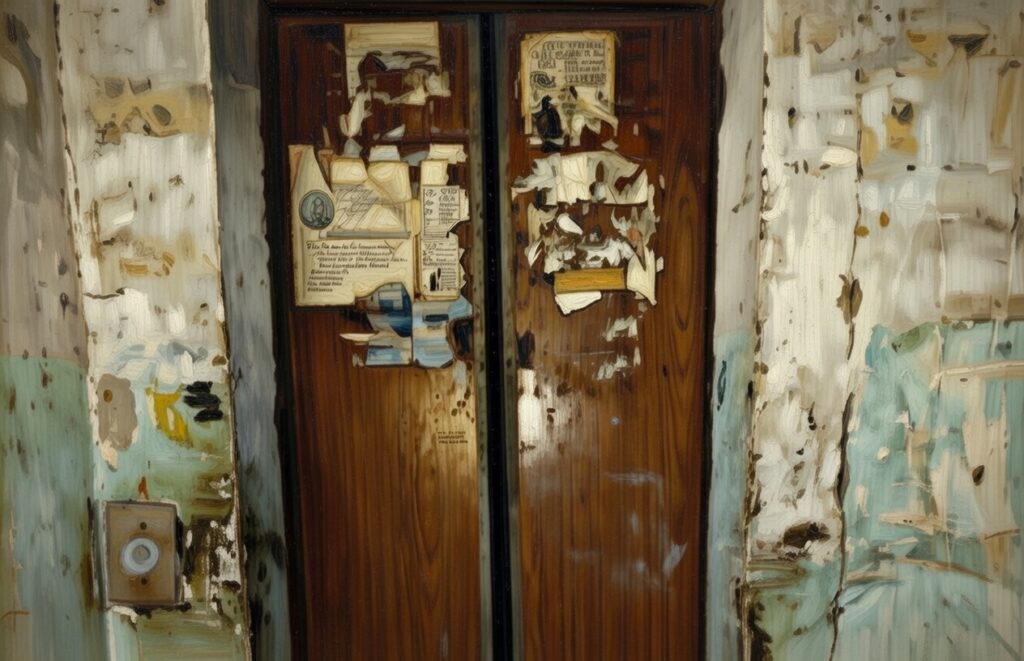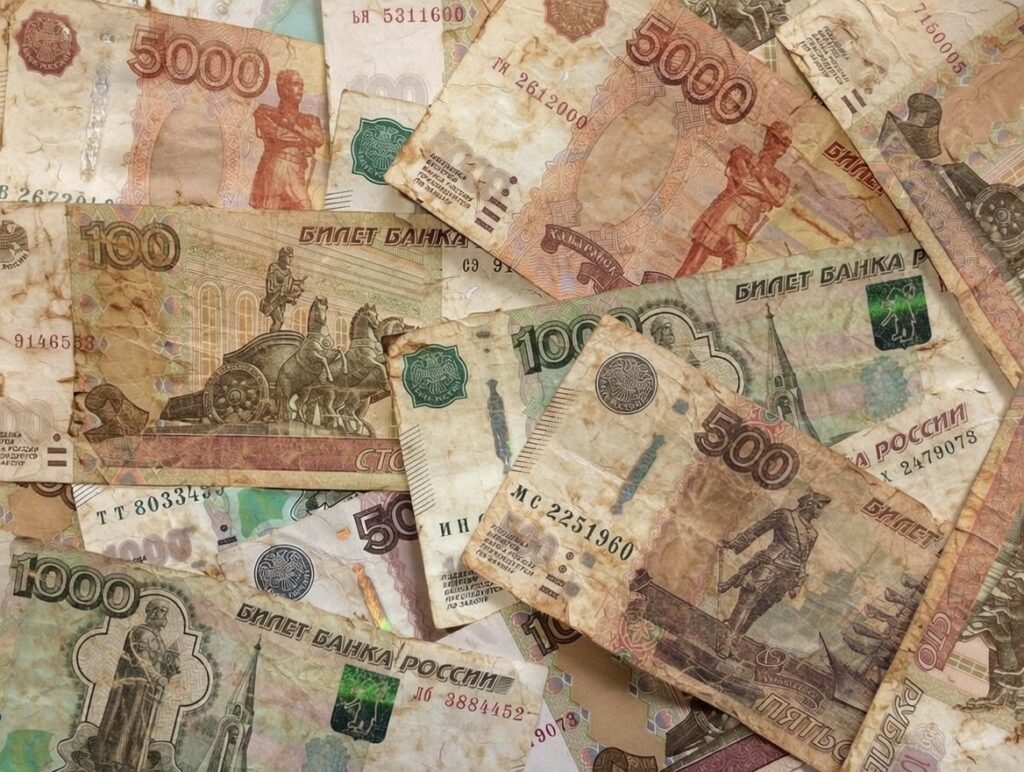In an interview with Ekspert, Maxim Oreshkin, currently the lead economic advisor in the Presidential Administration, let slip an obvious truth with intriguing implications. Russia’s strong wartime growth was «in large part thanks to the fact that dormant, unused economic potential was activated, above all labor and production. This model of growth has exhausted itself.» Instead of another step forward, Oreshkin hinted at making the leap to the next level of technological sovereignty and development. I was struck by the admission—not because Dmitry Peskov was dispatched to clarify it was within the bounds of Kremlin debate, but because this is exactly what many in the economic bloc, including Belousov, were saying a year ago, albeit in different terms. Before his elevation to the Ministry of Defense, Belousov acknowledged that a breakthrough in productivity was needed because an expansion of activity driven by spending wasn’t sustainable indefinitely.
Belousov’s influence is clearest in the war economy. Q1 data showed that, even as GDP growth slows toward just 1% for the year, marginally aided by the Bank of Russia beginning to cut interest rates again, categories of goods linked to military consumption posted 32% growth. Where officials have spoken since the start of the year about intentionally cooling the economy to balance growth and inflation, there is evidently a continued push to work industrial labor to the bone, as evidenced by The Economist’s tracking of labor activity levels at various defense plants in May. But officials are well aware of how toxic this dynamic has become for the broader economy. Putin remains convinced of a long-standing obsession held by Rostec head Sergei Chemezov: Russian defense industries must expand civilian production to reduce dependence on state spending (and to corner domestic monopolies and oligopolies to extract more money from the public). Since there is not yet any appetite to truly end the fighting, the revealed economic policy is to push for the expanding militarization of the economy «organically,» allowing the flow of credit, state concerns, newer startups focused on drones or similar systems, and budget procurements to separate the wheat from the chaff.
Denis Manturov faces an impossible task: jumpstarting Russian labor productivity. At the end of May, he celebrated a more than fourfold increase in the domestic manufacture of industrial robots and automated systems in 2024, reaching a meager 7.6 billion rubles’ worth of production. This is not to say there can’t be further gains for Russian industry, but given the overwhelming likelihood that these systems are less efficient than imports, sold at huge markups, and prioritized for military factories, it’s difficult to believe this will meaningfully improve aggregate productivity for years. Labor productivity and automation now fall under a national project, leading to the creation of a federal program to disseminate best practices. Few things guarantee failure to hit the regime’s targets more than announcing a national project. The current aim is to help approximately 1,500 firms deploy automated systems through 2030. These targets are a sad joke, both in their limited ambition and the reality that a civilian economy in recession will undermine the economics of investments made to improve output for civilian businesses. Wartime plants may automate faster—this is worth watching—but automation thrives best when labor markets remain tight and consumer demand is strong. A growing chorus of voices sees the military economy hitting a ceiling that’s difficult to break through, while the civilian economy is increasingly likely to pull the country into recession in H2.
Recessions are terrible times for businesses to make extensive investments in productivity unless they’re sitting on substantial cash and cheap credit. Even TsMAKP, typically honest but colored by its long-standing links to Andrei Belousov, is calling the current environment stagflation. Zero growth and high inflation are a bad combination. Nabiullina finally relented and cut the key rate from 21% to 20%, but Manturov and others are open about how the current credit environment restrains investment in production. However, an aggressive rate-cutting cycle would almost certainly spur more inflation without addressing the demand imbalances between the military and civilian sectors of the economy. All this shows that while there may be specific, localized improvements in productivity for strategic industries, a broader surge either makes little economic sense for businesses or risks sparking new inflationary bottlenecks the regime can’t address due to labor shortages.
The damage is accumulating while officials like Oreshkin repeat the same lines with no resolution from Putin on the internal contradictions of economic policy. January-May data show rail loadings are down 4.9% year-on-year, yet another indicator that the story of real wage growth is evaporating, if it ever made sense. Thousands of rail wagons are going unused for months, driving RZhD into its worst systemic crisis since 2009. The only cargo category growing stably and not subject to market volatility like grain or fertilizer is «other,» which essentially covers military transport. RZhD employs around 700,000 people and serves as a useful bellwether for the real economy of physical goods. The Russian Steel Association warns steel demand may fall 10% year-on-year in 2025, despite the large volumes consumed for the war. Sales of new light vehicles fell 27.5% year-on-year in May. Forecast losses for coal, the largest bulk item shipped by rail in volume terms, are projected between 800 billion and 1.5 trillion rubles for 2025, enough to push 50% of coal mining companies to the edge of bankruptcy. The net container market, per FESCO, declined 2.1% for January-April, with a notable acceleration of that decline in March-April. And on and on the numbers go.
It’s easy to get lost in the abstract debates of Russian technocrats because of the unreality of what they often propose or discuss. Productivity has become a catch-all, a byword for articulating the need to do more with less without couching it in such blunt terms. But productivity exists for a purpose. We get better at our jobs to win raises and promotions, to improve our material lives, or to find more meaning in our work. Businesses seek productivity gains to lower costs relative to output, which, in the abstract, is a means of beating the competition but is always linked to a good or service that solves a problem or fulfills a consumer desire. As the civilian economy continues to hollow out, the drive for productivity is as likely to push more people into unemployment as it is to boost industry, especially given Russia’s persistently low labor share of national income. There is no accompanying vision in these debates of what a more developed economy might offer in terms of quality of life.
Russia is not barreling over a cliff as demand and investment contract. Instead, it’s more like a busted vehicle that’s lost its brakes and is beginning to creep down a hillside. The sooner the driver and passengers can stick their feet on the ground or find some way to stop the car from rolling, the easier it will be to roll it back uphill and repair it. But the war renders that impossible, as though half the car’s occupants are trying to stop it while the other half are pushing it to accelerate downward. Budanov’s prediction that the summer of 2025 would expose the economic problems the regime faces was prescient. The question now is how many things can break before the Kremlin opts to ratchet down the intensity at the front. Now that Ukraine is proving increasingly able to attack targets in Russia at a distance and with precision, it’s no longer clear that winding anything down benefits Moscow.










